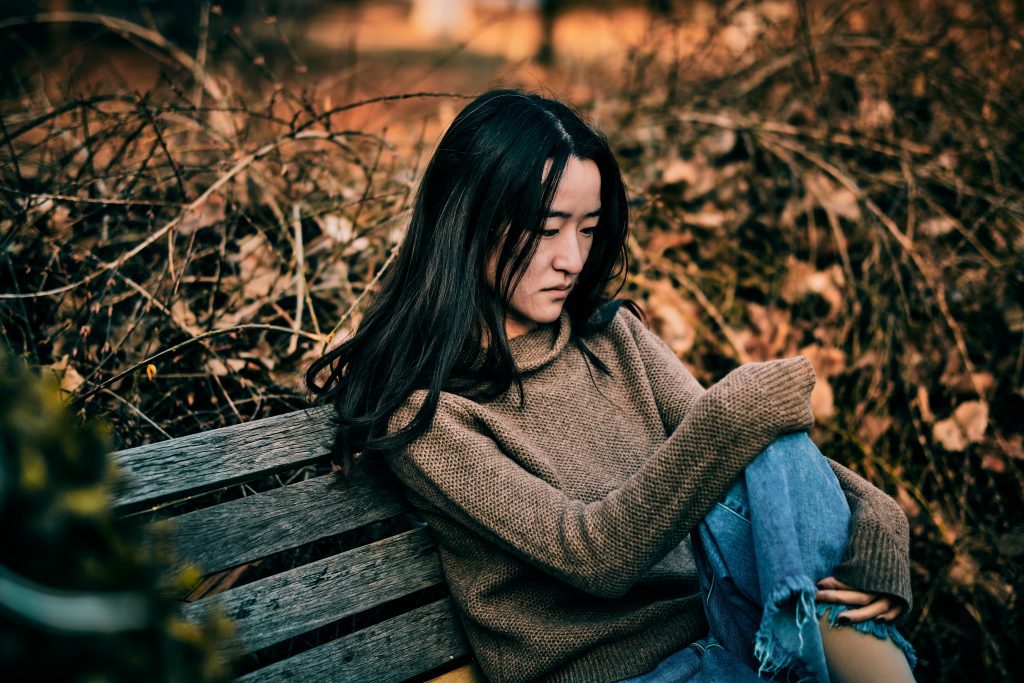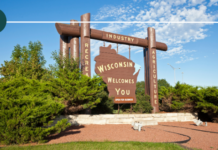I was having an especially bad day when a friend sent me an Instagram post. Four words stood out to me: Your hard is hard.
Here’s some of the post—I’ve shortened it a bit—from writer Sarah Bessey:
“Years ago, blogger Heather Westberg King wrote words I have always remembered: ‘Your hard is hard.’
Everyone is dealing with something and just because someone else has it harder doesn’t mean your hard still isn’t hard. We can downplay our own grief or suffering because we know it could be worse or harder or we know someone who is suffering deeply. And so our empathy leads us to pretend to be fine or shrug off our own suffering.”
Right now—after more than a month living in a weird world that’s shuttered due to coronavirus—I’m struggling. I am spread thin. My husband and I are both working from home now, in shifts, in order to take care of two small kids, whose daycares are closed because of the coronavirus. Our house is very small, so we work in a tiny corner of an unfinished basement. The floorboards creak above the desk loud enough to interrupt a Zoom call. The dog is always whining. The dishes never seem to stay done. A kid needs something. There’s no respite. Nowhere to go. We spend hours wiping down grocery orders that are missing key ingredients. Every plan we had for the next few months has been canceled. Our kids can’t play on the swings at the end of the block, much less go to the gymnastics place or the zoo. They can’t see their friends, their cousins, their grandparents. And that’s not even getting into my deeper, more serious worries.
And I’m just really, really tired. All the time. The isolation, lack of childcare, and not having any alone time is really wearing on me.
But . . . I tell myself . . . I really don’t have it so bad. I shouldn’t feel like this. My worries are so small compared to those of others. It could be so, so, SO much worse. I should be grateful. Other people are suffering so much more than I am.
And this is where I need to stop.
I need to stop with all these shoulds and comparisons. My hard is hard. I can empathize with others and acknowledge their suffering without comparing it to mine or needing to feel guilty for how I feel about my own experience. It’s okay for me—and you—to feel sad, angry, and overwhelmed, even when we know things could be worse (and can’t they always be worse?).
“You don’t have to earn your own gentleness,” Sarah Bessey writes. How often do we forget to extend our gentleness to ourselves? Now seems like a pretty good time to start, doesn’t it?














This is exactly what I needed to read. I feel seen. Thank you.
I think we all need to gives ourselves grace during this time!
I might be the only person that feels this way, but I found comparison incredible helpful for me during a time I was hurting deeply. I suffered a placental abruption with my daughter, she was very ill and I was in a bad place. Not soon after I joined an online support group for woman that had suffered a placental abruption. I was blown away by the number of woman that had lost there baby. That change something in me, every time I was at her bedside I thought of the woman who would do anything to have a chance for there child.
Just a idea maybe comparison can be a tool for some people during suffering grief/depression.
Lodgic Everyday Community has flexible childcare, drop ins, and extended hours. Maybe a good solution for those looking for something open and not cookie-cutter.